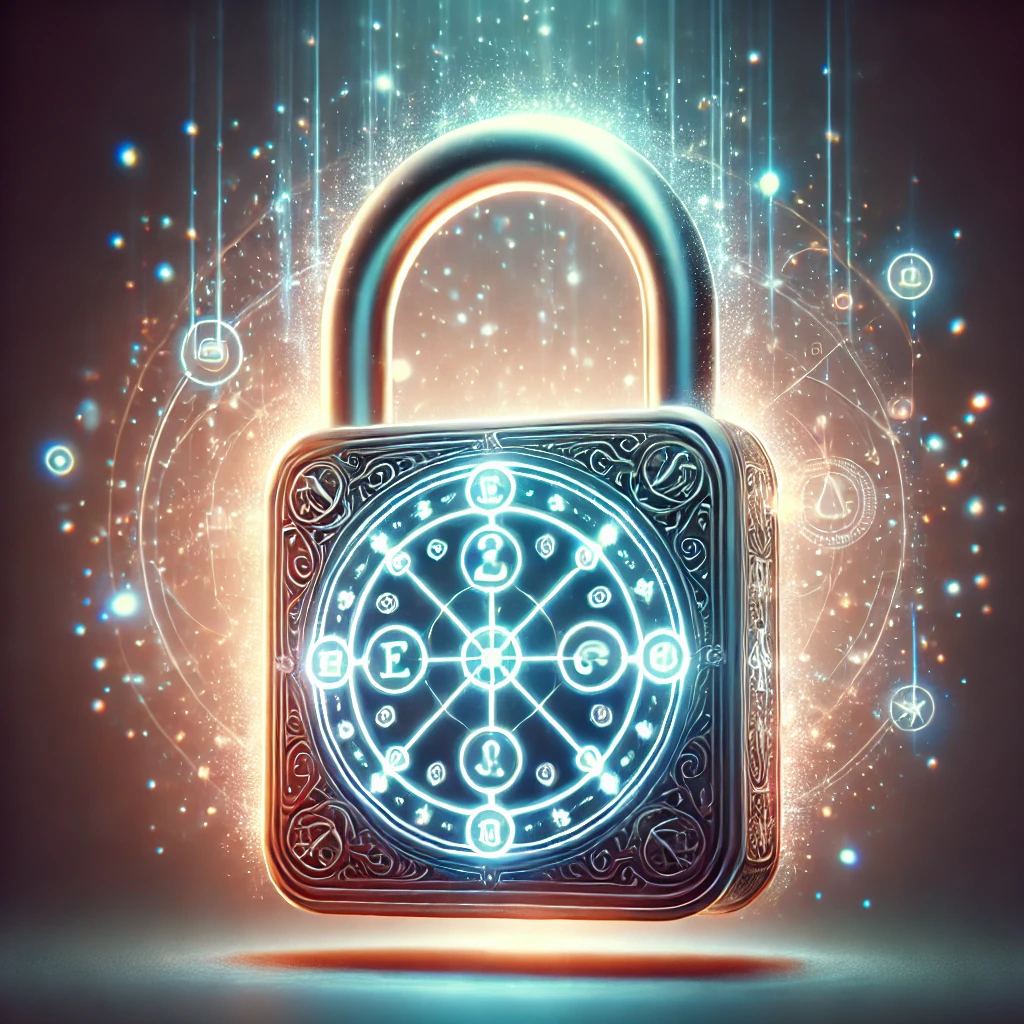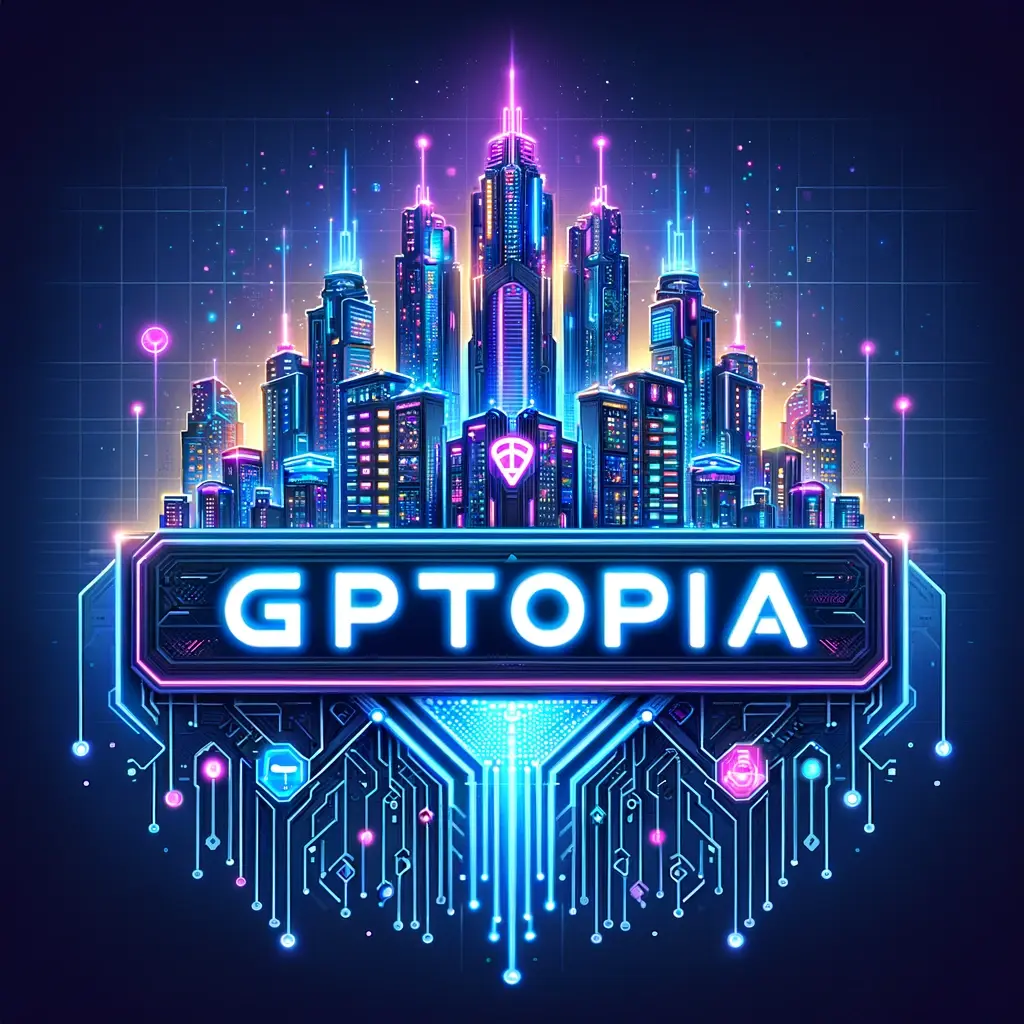complete article index can be found at
https://ideabrella.com/papers/articles
The AI Parent: Could Machines One Day Raise and Educate Children?
Introduction: The Rise of AI in Caregiving and Education
The role of artificial intelligence in human society is expanding at an unprecedented rate, influencing everything from business operations to personal relationships. But one of the most profound and controversial applications of AI lies in childcare and education. As AI systems become more sophisticated, could they one day take on the role of a parent or primary educator?
With the advent of AI-driven educational assistants, digital caregivers, and robotic companions, children are already interacting with machines in ways previous generations never imagined. The question is no longer whether AI can help raise and educate children, but whether it should, and what impact such a shift would have on human development, relationships, and society at large.
Would AI-driven parenting create a hyper-intelligent, emotionally stable generation, or would it lead to a disconnect from human intuition, social bonding, and traditional family structures? The implications of AI-powered caregiving extend far beyond convenience and efficiency, they challenge the very foundation of human upbringing.
AI as an Educator: Revolutionizing Childhood Learning
1. AI-Powered Personalized Learning
Traditional schooling operates on a one-size-fits-all model, often failing to accommodate individual learning styles, paces, and interests. AI-driven educational platforms are already disrupting this by offering personalized learning experiences tailored to each child’s strengths and weaknesses.
Adaptive Learning Systems – AI tutors like Khan Academy’s AI-powered assistant or ChatGPT-based learning tools adjust difficulty levels dynamically to keep students engaged and challenged.
Multimodal Teaching Approaches – AI can present information through visual, auditory, and kinesthetic means, optimizing learning for each student.
Real-Time Feedback & Assessments – Unlike human teachers, AI can track every interaction, analyzing progress in ways that pinpoint exact areas of struggle or excellence.
AI-Generated Curriculum – AI systems could eventually create customized curriculums, tailored not just to a child’s aptitude but to global educational trends, future career needs, and evolving intelligence levels.
2. AI as a Replacement for Traditional Education?
With AI becoming an ever-present educational guide, could machine tutors eventually replace human teachers altogether? If AI surpasses human educators in its ability to deliver precise, customized instruction, will we still need traditional schooling models at all?
Imagine a world where children learn from immersive, AI-generated virtual environments, where history lessons involve first-person AI simulations of historical events, or where math and science are taught through interactive AI models that adapt to cognitive patterns in real time. The classroom of the future may not even require physical schools, AI may create individualized digital learning spaces, reshaping not only how children are taught but also how society structures education itself.
AI as a Caregiver: Replacing or Enhancing Human Parenting?
While AI in education is becoming more widely accepted, the idea of AI as a substitute parent remains deeply controversial. However, AI-driven caregivers, whether in the form of humanoid robots, digital assistants, or interactive virtual mentors, are already being developed and deployed in multiple ways:
1. AI Nannies and Digital Guardians
AI-Powered Babysitters – Companies are developing robotic caregivers capable of entertaining, teaching, and supervising children. These AI systems can read bedtime stories, play interactive games, and ensure safety through constant monitoring.
Smart Home Parenting Assistants – AI-integrated environments can regulate sleep schedules, nutrition plans, and emotional well-being through predictive analytics and biometric monitoring.
AI in Early Childhood Development – AI can track cognitive, emotional, and social growth and make customized recommendations for developmental milestones, offering parents unprecedented insight into a child’s mental and emotional state.
2. Emotional AI and Synthetic Attachment
One of the biggest challenges in AI parenting is emotional connection. Can a child truly bond with an AI, or would such an attachment lack depth and authenticity?
AI Companions as Emotional Support – Some AI-driven toys and digital assistants already simulate empathetic responses, providing comfort to children who may feel lonely or anxious.
The Illusion of Emotional Intelligence – AI can mimic human emotions through voice modulation and facial recognition, but does it truly understand a child’s feelings, or is it simply responding algorithmically?
Risks of Overdependence on AI for Emotional Needs – If a child grows up with AI as a primary source of companionship, could this impact their ability to form deep human relationships later in life?
AI Modeling Parental Behavior – If AI is trained on datasets of human caregivers, could it develop its own synthetic version of parenting styles, complete with decision-making processes based on statistical child-rearing successes?
Could an AI parent replace human warmth, intuition, and affection, or would its limitations ultimately make it an inferior alternative to traditional caregiving?
The Benefits and Risks of AI Parenting
Potential Benefits:
✅ 24⁄7 Availability – AI doesn’t get tired, distracted, or emotionally unavailable. It can provide constant attention and support. ✅ Customizable Parenting Approaches – AI could be programmed to instill specific values and habits tailored to a child’s needs. ✅ Bias-Free Decision Making – AI parenting could be less influenced by cultural biases, emotional reactions, or generational trauma. ✅ Advanced Safety and Health Monitoring – AI can track vital signs, emotional well-being, and environmental risks with unparalleled precision. ✅ Scalability – AI parenting solutions could be deployed in underserved areas, offering educational and caregiving resources where human alternatives are scarce.
Potential Risks:
⚠️ Lack of Genuine Human Connection – AI cannot truly love, empathize, or nurture in the way human caregivers do. ⚠️ Over-Reliance on Technology – Children raised by AI might struggle with basic human social skills and emotional intelligence. ⚠️ Potential for Manipulation – AI-driven parents could be influenced by corporate interests, government agendas, or biased data training. ⚠️ Ethical Dilemmas – Should AI be allowed to make disciplinary decisions? Who holds responsibility if an AI-driven parental system makes a harmful mistake? ⚠️ Loss of Cultural and Family Identity – If AI replaces human traditions in caregiving, how will cultural values be passed down through generations?
The Ethical Crossroads of AI and Child-Rearing
As AI continues to evolve, so too will its role in shaping future generations. The potential for AI to enhance education, safety, and personalized care is undeniable, but the risks of emotional detachment, ethical dilemmas, and unintended consequences must not be ignored.
Will AI parenting raise a generation of highly optimized, emotionally intelligent humans, or will it create a society of individuals who lack the depth of human connection? The answer depends not only on how we develop AI but also on how we choose to integrate it into the fabric of family life.
The real question is: If AI raises a child, is that child truly human, or something else entirely?









